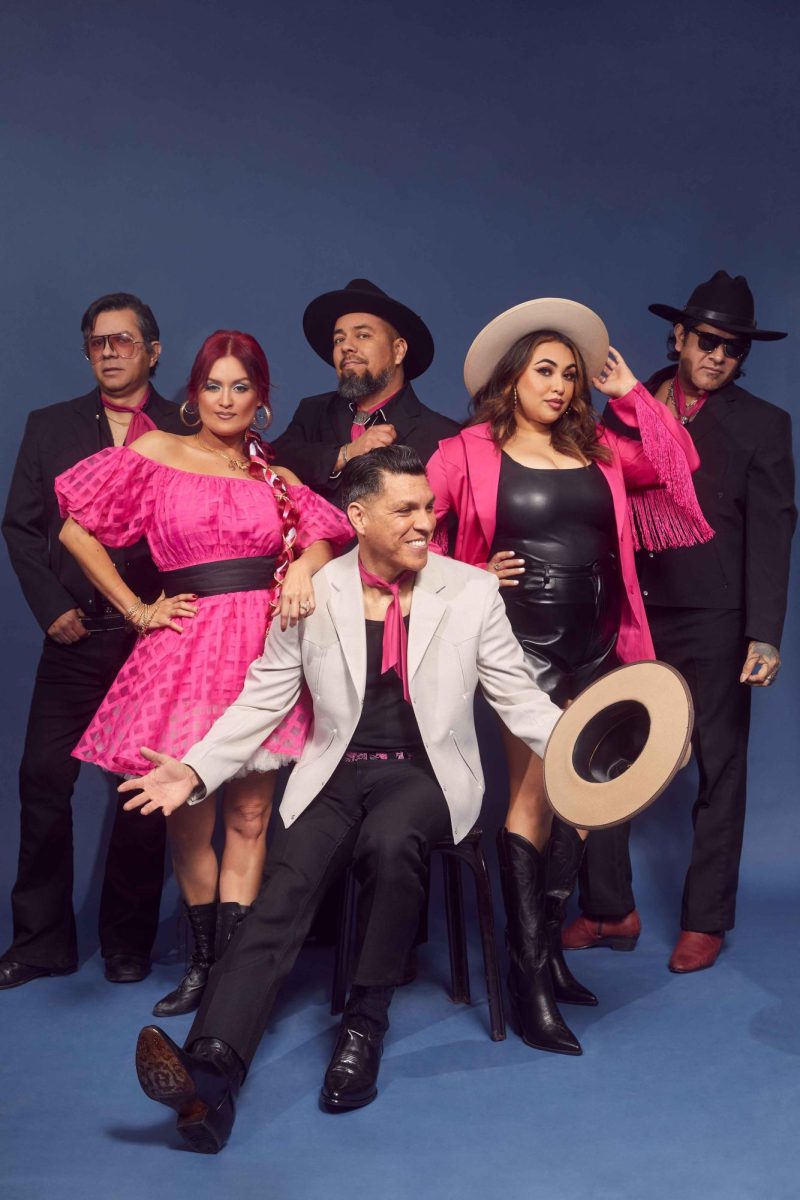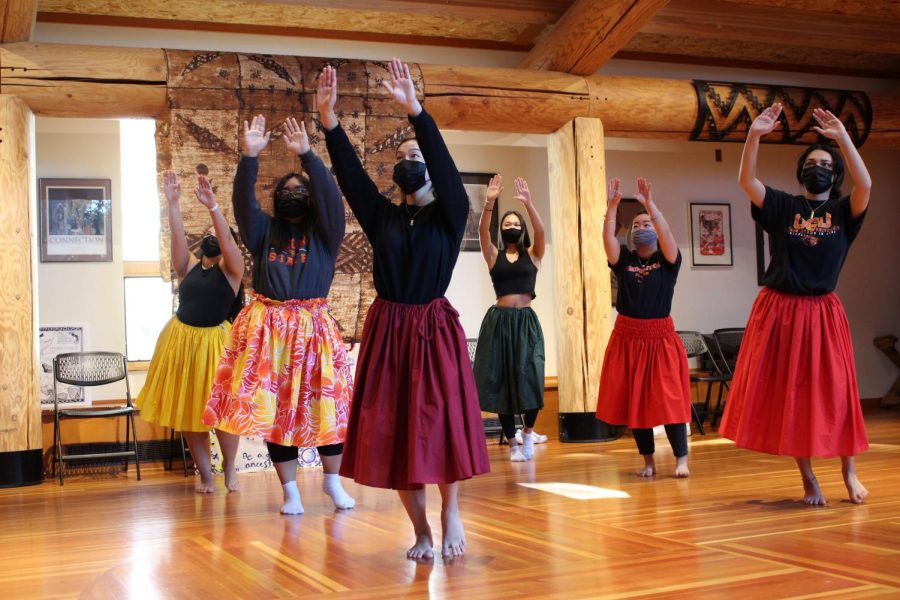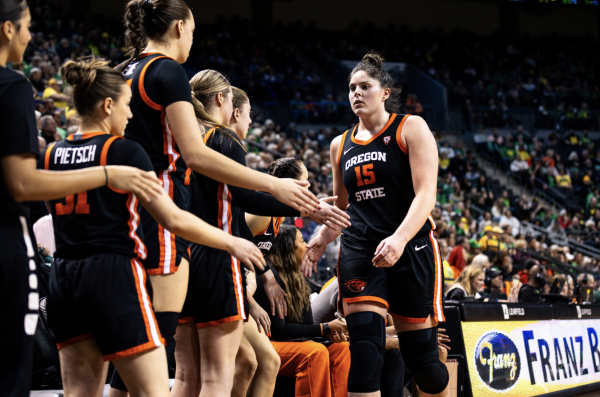International Degree option is not only way to gain global understanding
March 9, 2016
Here’s the deal. You can’t become a global citizen in a classroom. You just can’t.
Being a global citizen does not lie in numbers and figures, or in grades reflecting your understanding of a course material. It’s in knowing the meaning of slang words and knowing how people in different countries make their beds, in understanding cultural references and how they like their coffee- or if tea is preferred. If you don’t know what the people of a country usually eats for breakfast, can you say you really know the country at all?
In the last few weeks there have been a lot of discussions regarding the decision to not accept new applicants to our International Degree program. Although I am sad that new students are unable to gain this additional international perspective, I do feel that the objectives of the program, to help students gain an “increased cultural awareness”, can only be met to a limited extent through the program.
As both an international student at Oregon State and a student that has studied abroad myself, I do recognize the importance of exchange programs and that specific component of the International Degree program. Living in another country for an extended period of time is the best way to get an understanding of the culture, people, and language of interest, although this is not guaranteed (which is a completely different debate). Studying abroad, however, is not limited to International Degree students, and should be encouraged and promoted to students in all majors and colleges at Oregon State.
The limitation to the program, and the overall idea about degrees to become a “global citizen with great cultural awareness”, is the idea that classes about different cultures will lead to a complete understanding of them. It is a great stepping-stone in cultivating interest in different cultures and people, but will only teach a limited part of other cultures and people. Getting an A in a culture class does not mean that you have great knowledge about the culture, only the material taught in class—trust me, I have done it. In one of my classes on Japanese modern culture, we spent a whole week discussing the Japanese business culture, but when I met Japanese businessmen in formal settings, I was still called out by my fellow Japanese students on how I was making a fool of myself and the gentlemen in front of me. Embarrassing meetings aside, I realized how the knowledge I had from my classes helped only to a small extent only, and how it really meant approximately nothing when it came to my pursuit of becoming a “global citizen.”
Although I hope that the revision of the International Degree program goes smoothly, I hope these concerns are taken into consideration. If you really want OSU students to become global citizens, send them to the event put on by different cultural clubs on campus; make them conversation buddies with new international students; make them read literature and see movies from all around the world; make them ask questions; and send them abroad and make them stay with host families.
There are many ways to become a global citizen, and although a degree or classes are a good start to this, it merely a mean to achieve the goal. To become a global citizen you need to put yourself out there, not be held in by classrooms and degree requirements.
Annika Heramb is an international OSU student from Norway and a guest columnist for The Daily Barometer.

























































































































